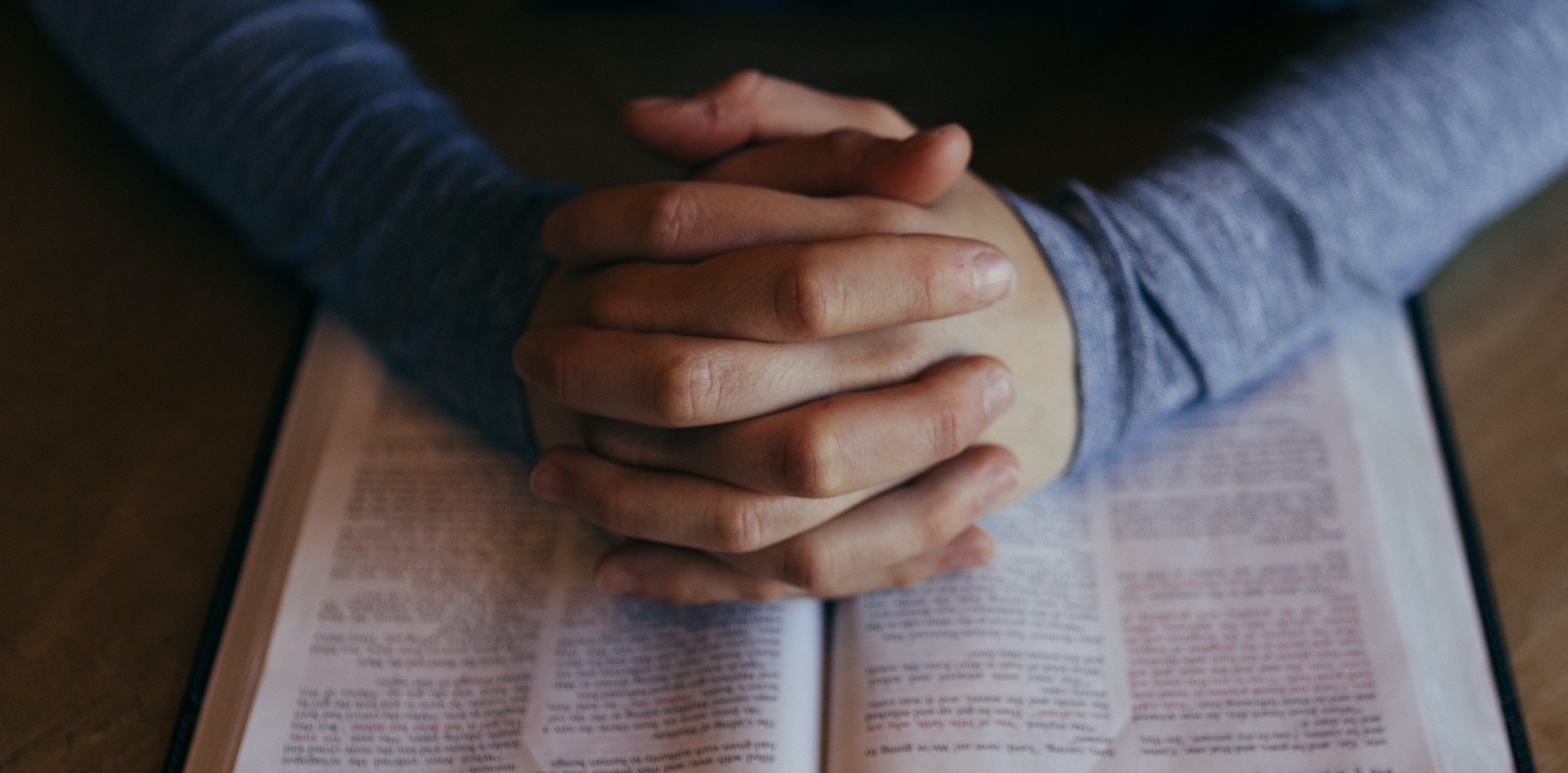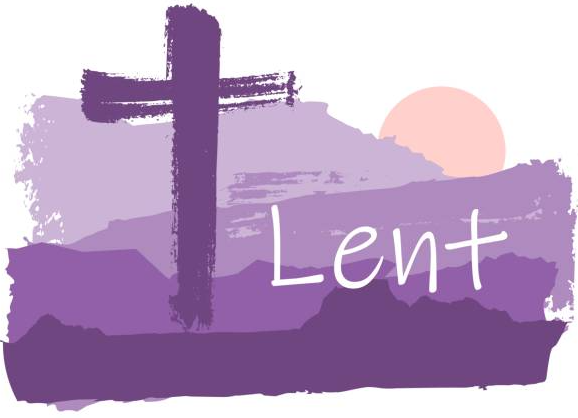As we moved to Kazakhstan, in the bus on the way to our new apartment from the airport, I was struck by an unexpected grief. We were grieving the loss of the dear friends and family we had said goodbye to as we headed to the airport in Virginia. We were grieving the loss of our home and neighborhood, the beauty and familiarity of our home country. These were weighty griefs, but they were also expected; indeed, we had begun grieving those losses long before we actually left! But looking out of the window of that crowded bus, I was overwhelmed by a new and quite unexpected grief. Checking to make sure the older boys were with Asher and didn’t look too terrified, watching the woman beside me wrap her scarf around Ethan’s bare head and listening to, but not understanding, her words of explanation and consternation, it came over me: I didn’t know how I would experience the presence of the Lord in this place.
It was then I realized a bit more fully what a gift Incarnation was to us: meeting with you all for worship, we had truly been drawn into the Father’s presence and ministered to through his Word and sacraments. The gift of familiarity with creation also struck me in a new way. When everything’s unfamiliar, especially when it feels hostile—as a strange city you hope to make your home must always feel, to one degree or another—it’s harder to notice individual things, like the plants and creatures that make up the fullness of the beauty of the Lord’s handiwork in this place. I knew there were other believers here, brothers and sisters who had already met us at the airport with such generous kindness; I knew the Lord had made this place even as he made our home state; and above all I knew, as you know, that the Lord is in all places—his presence fills the earth! And yet I was overwhelmed. I had experienced the truth and goodness of the Lord’s presence with people and in places that we had left far behind; where and with whom would I experience his presence here?
In Psalm 84, a psalm we have often sung in worship the last few months (Together with you—we share your order of service every week, and rejoice to join you from afar!), the psalmist describes a grief and longing for the presence of the Lord, and thanks be to God, he leads us from grief to glory! From an exile of some sort, he voices his longing for Jerusalem and the temple, describes the remembered beauty and joy, and even seems to envy the birds who are free to fly and make their home there. Then he reminds himself and us of the truth of the Lord’s presence with each of his people, and his faithfulness to draw us to himself (verses 5-7):
Blessed are those whose strength is in you,
in whose heart are the highways to Zion.
As they go through the Valley of Baca
they make it a place of springs;
the early rain also covers it with pools.
They go from strength to strength;
each one appears before God in Zion.
Here the psalmist not only reminds himself and us of the Lord’s presence with his people wherever they are, he also points us to what we are truly longing for: to appear before God in Zion! To go back to Virginia and worship again with you all would not actually satisfy my longing (though it would be wonderful!). My hope—and yours, whatever you are longing for—is not in going back, but in going forward, going “further up and further in!” Into the presence of the Lord through prayer, meditation on Scripture, and gathering with the saints for weekly worship, and then—and then!!—into his presence, face to face, in the heavenly City come down to earth. To use another of the songs we’ve been singing together:
Come out of sadness,
From wherever you've been.
Come broken hearted,
Let rescue begin.
Come find your mercy,
Oh, sinner come kneel;
Earth has no sorrow
That heaven can't heal.
Hannah
Lenten Reflections
One of the difficulties we face in Lent is that the Church calendar is not connected to the rest of life. If we lived in a unified society, where everyone followed the Church calendar, it would be much easier. It is hard to fast if people at work aren’t fasting, and hard to spend extra time in prayer if the school schedule is not slowing down. Advertisers don’t take a break during Lent to encourage almsgiving! If work, school, sports, and church all lined up with each other, it would be so much simpler.
I find myself longing for the unified sort of culture that would enable us all to adopt the same spiritual disciplines together. Discipleship is easier when we do it together; it is very difficult if everyone is on a different path. Living in a disjointed society means struggling to establish habits—it is easier to keep a workout regimen when you are on a team, just as it is easier to keep a fast or prayer schedule if everyone in town is doing the same. Disjointed societies make discipleship difficult!
One of the answers to disjointed societies is for the church to build its own, unified subculture. This internal unity offers the strength that makes the rhythms of discipleship more feasible, because the whole church is operating together. But there is often a cost, because these sort of unified subcultures demand a retreat from the broader world. Highly unified subcultures (think the Amish or Hasidic Jews) can easily embody common modes of discipleship, but they have to disengage from the world to do so.
We should learn from the communal approach—it makes discipleship patterns easier. (A small group would be a great place to commit to the same fasting, feasting, and prayer pattern.) But it is also important for us to realize that disunified cultures offer the gift of external witness. They might make discipleship hard, but they provide ample opportunity for contact with those who don’t yet care about following Jesus. In other words, whatever subculture we build that makes discipleship easier shouldn’t come at the expense of disengaging from the broader world. Living in a world where it is difficult to keep Lent is another way of saying that we live in a world where lots of people need the message of Lent.
The message of Lent is simple: We are mortal and weighed down by sin. We need the cross and resurrection, or all our effort will amount to “not enough” in the end. We struggle and strive to get life in order, to create peace and joy and flourishing, and yet, time after time, we find we are not enough. We must despair of ourselves—not only the things we are ashamed of but also what we view as our righteousness—and turn to the one who can actually heal us.
As you struggle to keep Lent in a culture that doesn’t make it easy, remember this message: it is Jesus, not keeping Lent perfectly, that we need. And when the conflicting patterns of the rest of life shatter your best plans for a disciplined Lent, remember the people around you in our multifaceted and diverse world. They need Jesus, too.
Steven+
Shrove Tuesday, Ash Wednesday, and Lent
As hard as it might be to imagine, Lent is almost upon us!
We say this every year, and yet we need the reminder each year: we need to prepare for the great feasts of the Christian calendar. Jesus’ birth, death, and resurrection are simply too big to comprehend without preparing our hearts, minds, and souls. If we don’t humble and prepare our hearts, it can be very hard to see and receive Jesus himself in the feasts of Christmas and Easter. The celebration can easily crowd out an intimate awareness of Jesus.
The Christian life is a pilgrimage deeper and deeper into the heart of God, and along the way, there are key moments when our hearts are opened to receive him afresh. These key stops aren’t limited to Christmas and Easter, but these high, holy days are certainly chief among them. But we won’t be ready for these meetings with God unless we humble ourselves and rid ourselves of the various distractions and hinderances.
Lent is a season of throwing off hindrances. We throw off sin through vigorous confession and repentance, we throw off selfishness through purposeful almsgiving, we throw off self-reliance through a renewed focus on prayer, and we throw off distractions and pleasures through significant fasting. It is a penitential season, when purposeful awareness of our sin and mortality should drive us to the cross over and over in a posture of self-renunciation.
We focus on both of these things (sin and mortality) on Ash Wednesday. This day of fasting (of the whole year, only Good Friday’s fast should be deeper!) is a moment to come face-to-face with the fact that we will die and the fact that we are in desperate need of mercy. We don’t like to face these truths, but unless we face them, we will not truly realize what Jesus has done for us. And so, face them we will, as we fast throughout the day and gather together on Wednesday evening.
But Ash Wednesday begins on Shrove Tuesday! Even though Shrove Tuesday is a time of joy—dinner together is a blessing—it is supposed to be the beginning of this purposeful posture of self-examination and confession. The word “shrove” comes from an archaic word that means confession and absolution. Shrove Tuesday is the first step of Lent, just as packing one’s bags is the first step of taking a trip. Even before Lent begins, we begin by taking stock of the state of our souls.
Use Shrove Tuesday as a moment to take stock of what needs to be confessed, and then spend Ash Wednesday in penitence and fasting before you join the congregation in prayer. These acts of humility are not acts of morbidity or self-hatred, but instead simply the necessary honesty that we all must have if we are to come into the presence of the merciful one, Jesus Christ the Righteous.
In Christ,
Steven+




